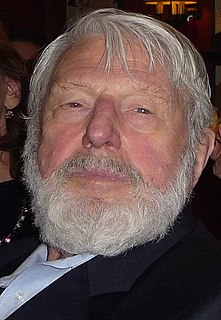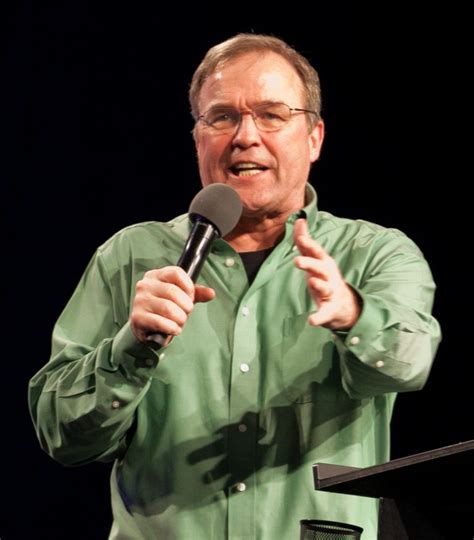A Quote by Louie Giglio
The word advent means "expectation." What advent can do for us is create a sense of hope.
Related Quotes
Just as the teaching of the Law and the prophets, being harbingers of the coming advent of the Logos in the flesh, guide our souls to Christ (cf. Gal. 3:24), so the glorified incarnate Logos of God is Himself a harbinger of His spiritual advent, leading our souls forward by His own teachings to receive His divine and manifest advent. He does this ceaselessly, by means of the virtues converting those found worthy from the flesh to the spirit. And He will do it at the end of the age, making manifest what has hitherto been hidden from men.
Before His visible advent in the flesh the Logos of God dwelt among the patriarchs and prophets in a spiritual manner, prefiguring the mysteries of His advent. After His incarnation He is present in a similar way not only to those who are still beginners, nourishing them spiritually and leading them toward the maturity of divine perfection, but also to the perfect, secretly pre-delineating in them the features of His future advent as if in an ikon.
If we keep the path of virtue undefiled through devout and true knowledge, and do not deviate to either side, we will experience the advent of God revealed to us because of our dispassion. For 'I will sing a psalm and in a pure path I will understand when Thou wilt come to me' (cf. Ps. 101:1-2). The psalm stands for virtuous conduct; understanding indicates the spiritual knowledge, gained through virtue, by means of which we perceive God's advent, when we wait for the Lord vigilant in the virtues.
This Advent we look to the Wise Men to teach us where to focus our attention. We set our sights on things above, where God is. We draw closer to Jesus... When our Advent journey ends, and we reach the place where Jesus resides in Bethlehem, may we, like the Wise Men, fall on our knees and adore him as our true and only King.
The Advent season is that time when we seek to, in a manner of speaking, mute our memory of what has already happened, that we might brighten our joy that it happened. We leave the already of His advent to taste the bitter of the not yet. We, in short, go back, that we might look forward to His coming.
Advent's intention is to awaken the most profound and basic emotional memory within us, namely, the memory of the God who became a child. This is a healing memory; it brings hope. The purpose of the Church's year is continually to rehearse her great history of memories, to awaken the heart's memory so that it can discern the star of hope.
By his own will Christ was dependent on Mary during Advent: he was absolutely helpless; he could go nowhere but where she chose to take him; he could not speak; her breathing was his breath; his heart beat in the beating of her heart.... In the seasons of our Advent - waking, working, eating, sleeping, being - each breath is a breathing of Christ into the world.































